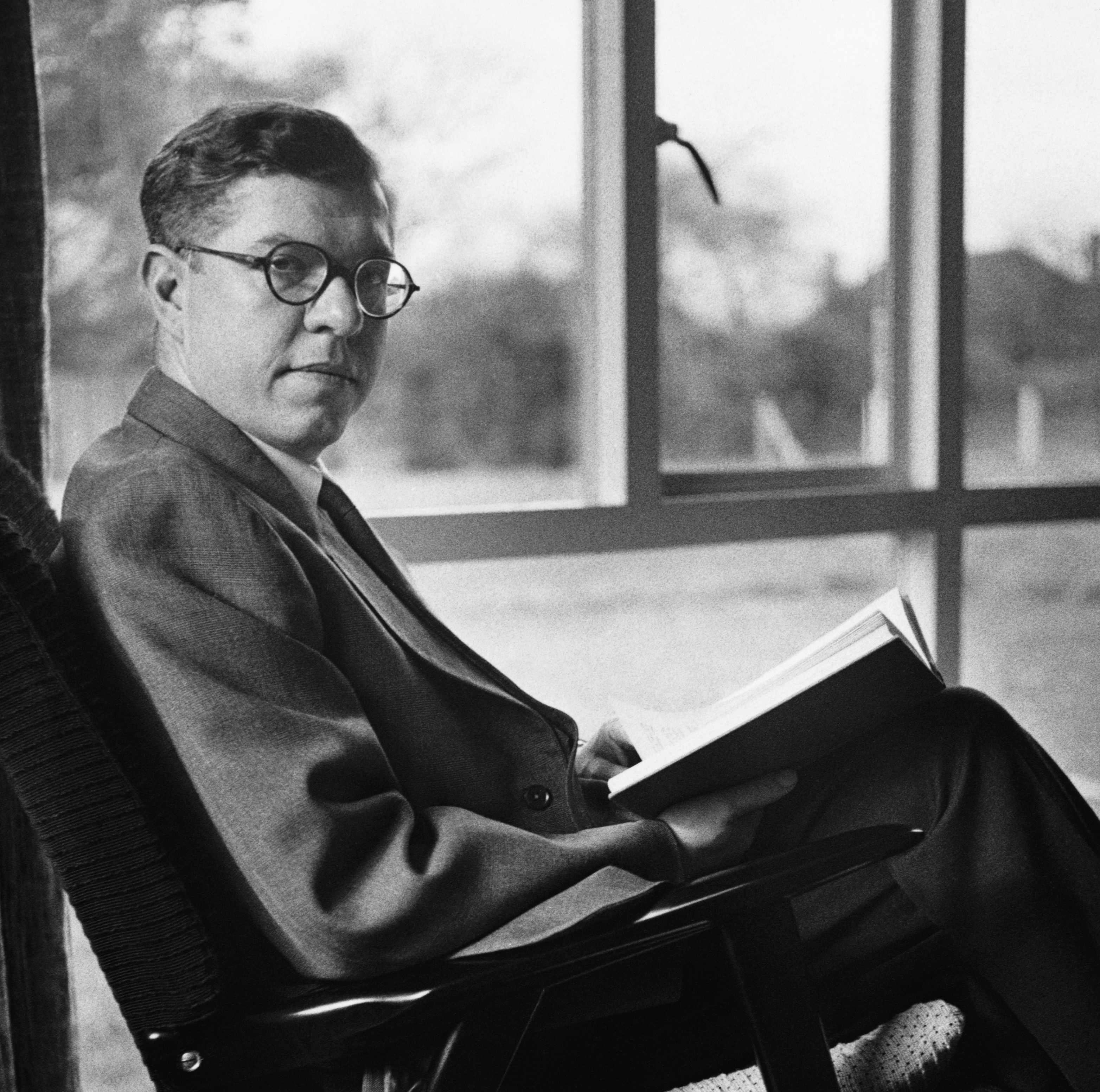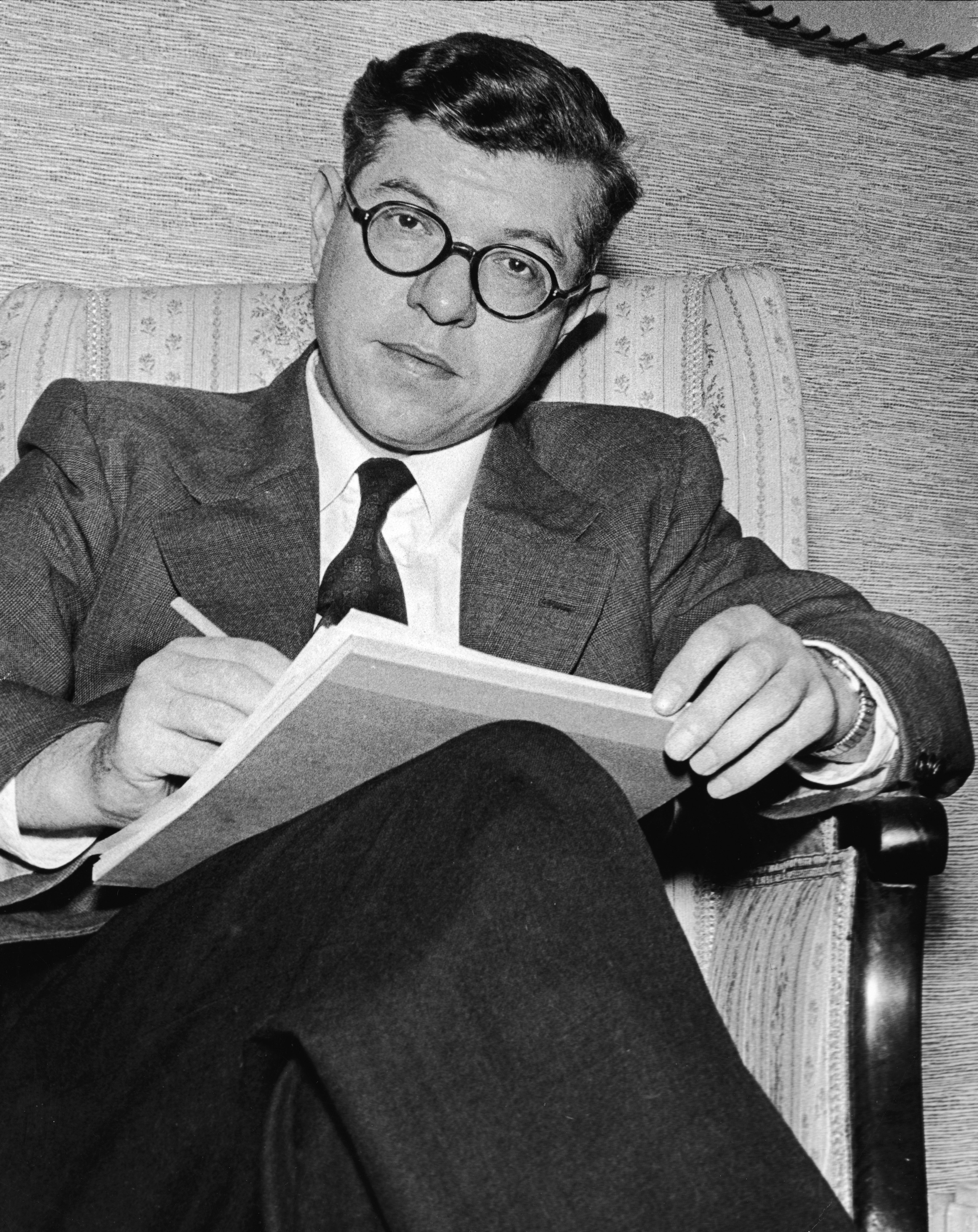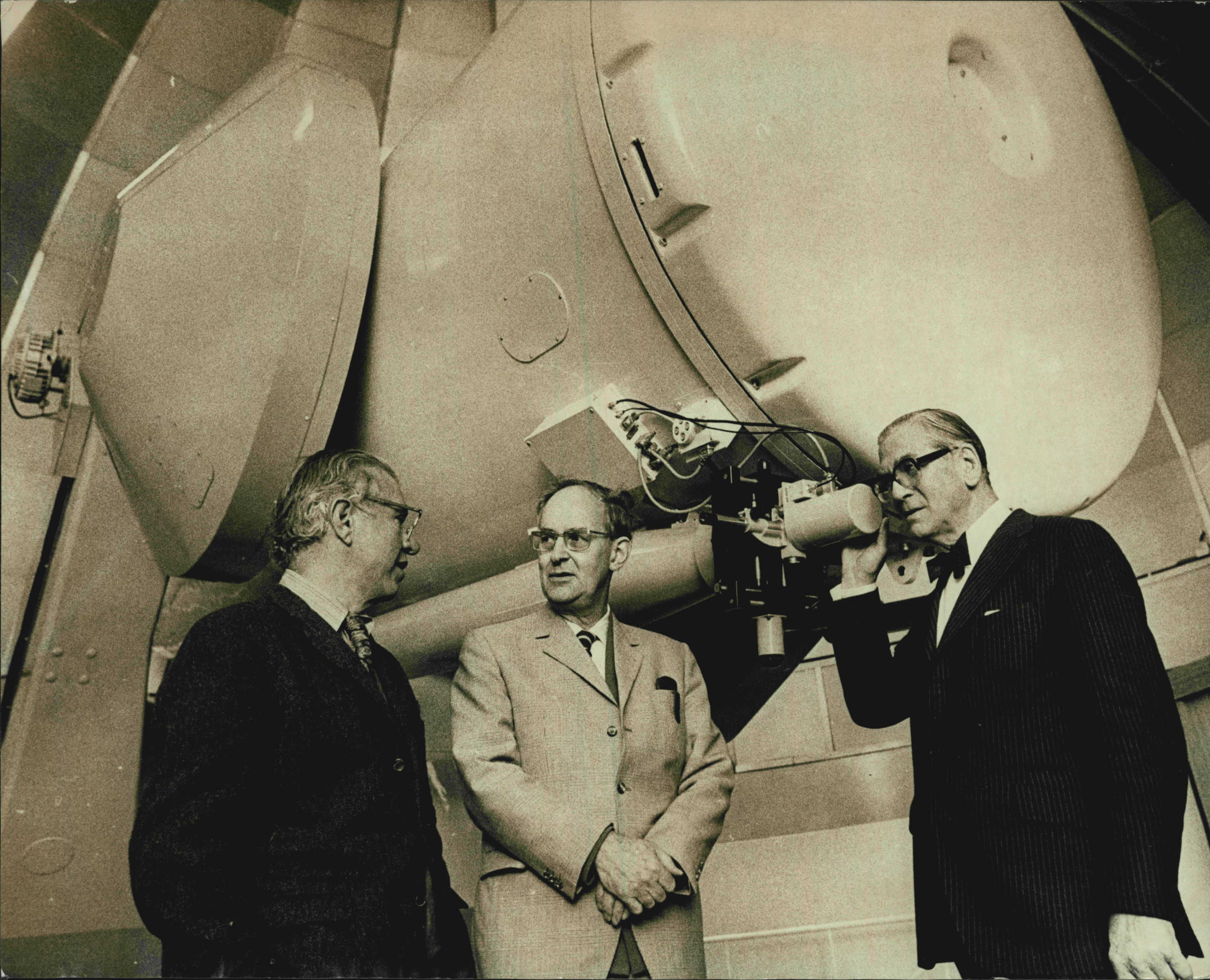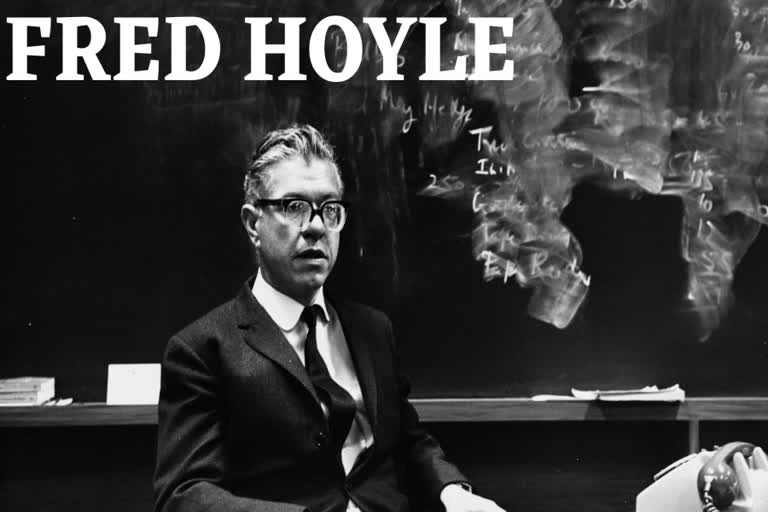Hyderabad: Hoyle was born and brought up in Yorkshire and remained a true son of that county, directly spoken, combative, careful with money and self-reliant. He learned to read, he said, from subtitles on the silent films he saw at the cinema while playing truant from school. How natural, then, that he should become a scholarship boy at the University of Cambridge, in 1933. And that over, the following three years he should work his way as a mathematician to the top of his class.
Fred Hoyle was the most imaginative of men, a kind of Leonardo. He made monumental contributions to astrophysics and cosmology and was a brilliant popularizer (and science-fiction writer and occasional playwright). He also put his name too much rubbish and was embroiled in controversy for most of his life.

''Always a controversial astronomer, he rejected 'big bang' theory, turned his back on Cambridge and was mysteriously denied a Nobel prize”
The ensuing period as a research student was the best of Hoyle's professional life. With Rudolf Peierls as his supervisor, he had an admission ticket to the weekly theoretical seminar at the Cavendish Laboratory attended by the luminaries of the day. Hoyle then persuaded Paul Dirac to take him on as a student (by promising Dirac that supervision would not be required), and in due course produced an item of world-class thinking. With Ray Lyttleton he showed how to calculate the luminosity of a star from knowledge of its mass, so providing a theoretical basis for Arthur Eddington's empirically derived relationship between stellar mass and luminosity.
Fred Hoyle proved that the great majority of natural elements in the periodic table were made inside stars and distributed through space by supernova explosions.
He coined the phrase ‘Big Bang’ while strenuously denying that there had ever been one. He argued for an expanding Steady State universe with no beginning or end.
A controversial, often outspoken scientist, he never received a Nobel Prize, even though his work on the creation of chemical elements undoubtedly merited one.

He delighted in taking dissenting positions on many of science’s big questions: he argued that the physical and chemical properties of the universe had been intelligently designed, and that life on Earth had been seeded from space.
Named after him
- Minor planet #8077 Hoyle: Fred Hoyle (b. 1915) is the leading proponent of steady-state cosmology. He predicted an excited state in the carbon atom and contributed extensively to the study of nucleosynthesis in stars. Hoyle served as president of the Royal Astronomical Society from 1971 to 1973. The name was suggested by S. Mitton.
- Hoyle Building, Inst. of Theoretical Astronomy, University of Cambridge: The Institute of Astronomy was formed in 1972 by an amalgamation of the Institute of Theoretical Astronomy, the Cambridge University Observatory, and the Solar Physics Observatory. This building was where the Institute of Theoretical Astronomy resided. The Institute was founded by Fred Hoyle in 1967, who left the Department of Applied Mathematics and Theoretical Physics after failing to become its head in 1964.
Some Interesting facts about him:
- Making Poison Gas in the Kitchen: At home, Fred found a chemistry book and became very enthusiastic about the subject. He made gunpowder and, wishing to prove to himself that he was a real chemist, he synthesized phosphine – a highly toxic gas – in his mother’s kitchen. In less safety-conscious days than our own, he bought chemicals such as concentrated sulfuric acid at the local pharmacy.
- Back to School and Winning a Scholarship: His parents hoped Fred could win one of the small numbers of county scholarships to attend a grammar school. To achieve this, he would need to finish primary school with outstanding marks. With this in mind, and probably because he was driving his mother up the wall with his kitchen experiments, his parents enrolled Fred at the village school in Eldwick. He was now nine years old. His scholarship exam, which he sat aged 11, did not go very well. However, he performed well in arithmetic and was invited for an interview at Bingley Grammar School. There the headmaster learned about Fred’s interest in chemistry and sent him to talk to the chemistry teacher.

- Losing, then Winning a University Scholarship: Fred Hoyle’s goal at grammar school was to win a university scholarship. At the age of 17, he achieved his goal. Soon, however, he was told the scholarship had been withdrawn; the year was 1932 and the great depression was biting hard: education spending had been cut. Hoyle had intended to study Chemistry at the University of Leeds. Angrily he returned to grammar school. The headmaster agreed he should prepare himself to win a scholarship to the University of Cambridge. Hoyle was startled when he saw how hard the scholarship exams were – he didn’t even know how to begin most of the problems! However, within a year, he reached the required standard and became a Cambridge freshman in October 1933, aged 18. Fred Hoyle on 20 August 2001 at the age of 86.
Also Read: Lenovo unveils its first foldable PC, ThinkPad X1 Fold in India


